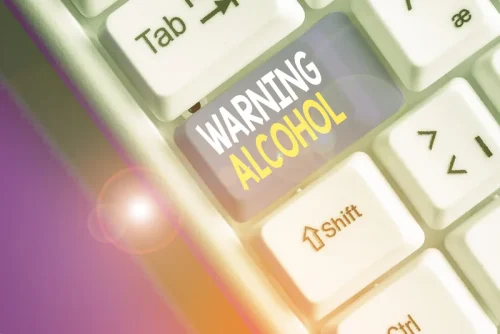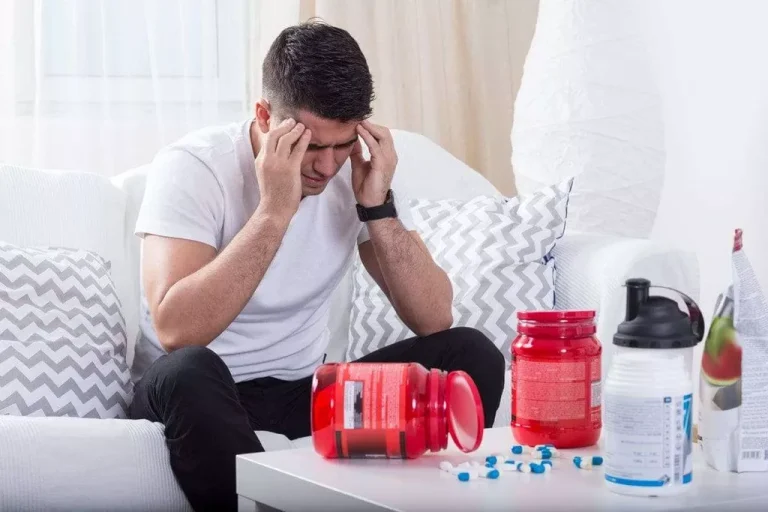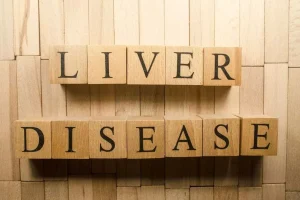Blog
Treatment for Alcohol Problems: Finding and Getting Help National Institute on Alcohol Abuse and Alcoholism NIAAA

Combined with treatment led by health care providers, mutual-support groups can offer a valuable added layer of support. Depending on how bad the person’s dependency on alcohol is, these symptoms can range in severity. A detoxification usually requires https://ecosoberhouse.com/ a small stay in a hospital or rehabilitation center, although alcoholics who are considered low-risk may be considered for an outpatient detoxification. Certain safe-substitute drugs, such as benzodiazepine, can only be administered in a hospital.
Setbacks Are Part of the Process
Most people benefit from regular checkups with a treatment provider. Medications can also deter drinking during times when individuals may be at greater risk for a return to drinking (e.g., divorce, death of a family member). If you feel that you sometimes drink too much alcohol, or your drinking is causing problems, or if your family is concerned about your drinking, talk with your health care provider.
Terms of Service apply.
- A therapist will also address the problem of alcohol triggers; this is something that triggers a person to use alcohol.
- Heavy drinking can also cause liver cirrhosis, immune system problems, brain damage and harm to the fetus during pregnancy.
- Studies show most people with this condition recover, meaning they reduce how much they drink, or stop drinking altogether.
- Your donation can make a difference in the future of healthcare.
- If you’re concerned about someone who drinks too much, ask a professional experienced in alcohol treatment for advice on how to approach that person.
- Some people recover from AUD the first time they seek treatment, while others may require several treatment attempts.
A support group can help you connect with other people who’re facing similar challenges. They can help answer questions, provide encouragement, and direct you to support resources. If you want to take steps to get treatment for your AUD, make an appointment with your doctor. They’ll likely ask you a series of questions to determine the severity of your dependency. These questions can also help them determine the best treatment option for your needs. This chronic illness can include symptoms like an intense need for using alcohol, even when the use has become problematic.
Early Symptoms
Alcohol can interfere with a person’s ability to care for their other medical conditions or make other medical conditions worse. Alcoholism TreatmentThe type of treatment you receive depends on the severity of your alcoholism and the resources that are available in your community. There are promising types of counseling that teach alcoholics to identify situations can alcoholism be cured and feelings that trigger the urge to drink and to find new ways to cope that do not include alcohol use. In fact, while in recovery, an alcoholic’s brain will create new neural pathways to help them experience pleasure from activities other than drinking. But, just like with any chronic disease, a lack of symptoms does not mean the disease is cured.

In some people, the initial reaction may feel like an increase in energy. But as you continue to drink, you become drowsy and have less control over your actions. Other early signs of alcoholism include blackout drinking or a drastic change in demeanor while drinking, such as consistently becoming angry or violent. The American Medical Association recommends a two-drink daily limit for people assigned male at birth (AMAB).
- It is a multifaceted and complex disease, so while someone may inherit a predisposition to the disorder, genes do not fully determine a person’s outcome.
- After completing treatment, the thought of relapsing can be scary.
- Be prepared to discuss any problems that alcohol may be causing.
- Certain medications have been shown to effectively help people stop or reduce their drinking and avoid a return to drinking.
- Those who use alcohol may begin to show early signs of a problem.

Evaluate the coverage in your health insurance plan to determine how much of the costs your insurance will cover and how much you will have to pay. Ask different programs if they offer sliding-scale fees—some programs may offer lower prices or payment plans for individuals without health insurance. The three-step road map outlined in the NIAAA Alcohol Treatment Navigator offers expert guidance to focus and support your efforts.
Inpatient rehab provides a safe place for people to focus on their recovery and develop life skills to support sobriety after completing the program. Just as some people with diabetes or asthma may have flare-ups of their disease, a return to drinking can be seen as a temporary setback to full recovery and not as a failure. Seeking professional help can prevent a return to drinking—behavioral therapies can help people develop skills to avoid and overcome triggers, such as stress, that might lead to drinking.
Genetic, psychological, social and environmental factors can impact how drinking alcohol affects your body and behavior. Theories suggest that for certain people drinking has a different and stronger impact that can lead to alcohol use disorder. Alcohol use disorder is a pattern of alcohol use that involves problems controlling your drinking, being preoccupied with alcohol or continuing to use alcohol even when it causes problems.
What questions should I ask my healthcare provider?
- The success rate fluctuates, although it is believed that nearly 50 percent of people who receive treatment for alcoholism will never touch a drink again.
- This process, however, can bring about the unpleasant and potentially serious symptoms of alcohol withdrawal syndrome.
- Call to speak with a treatment provider today to get started.

